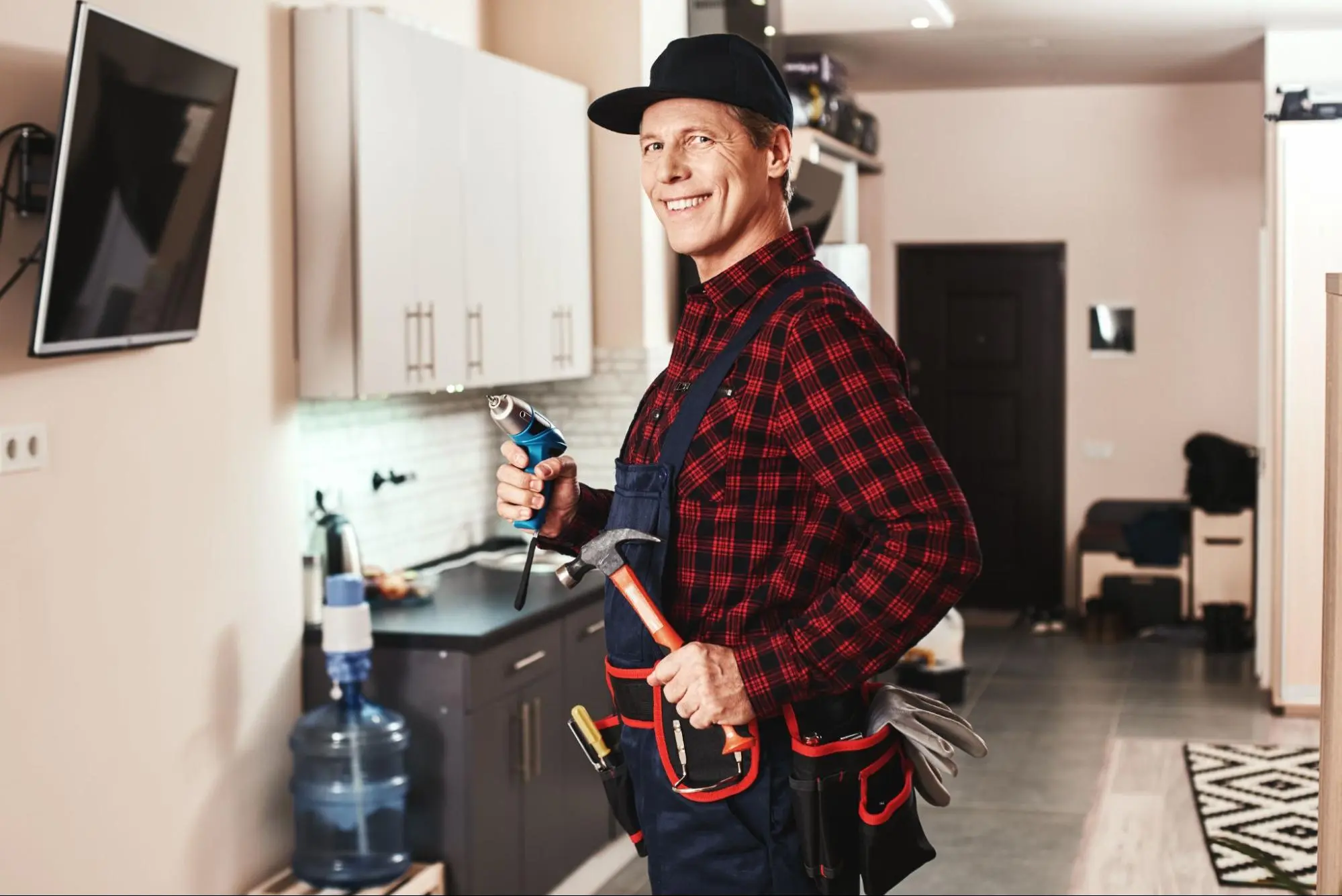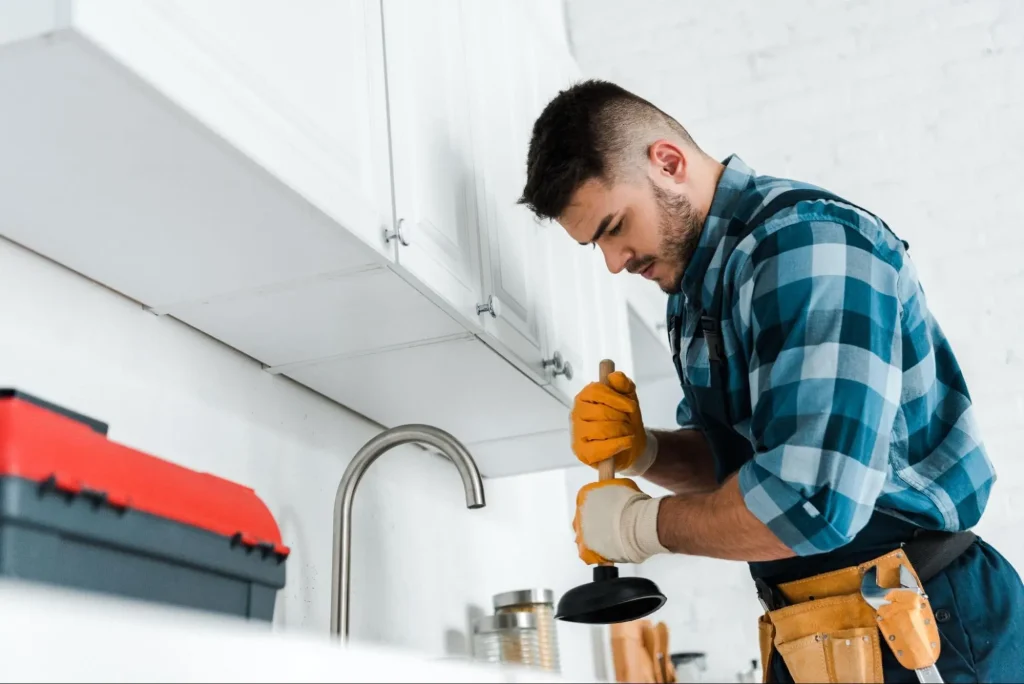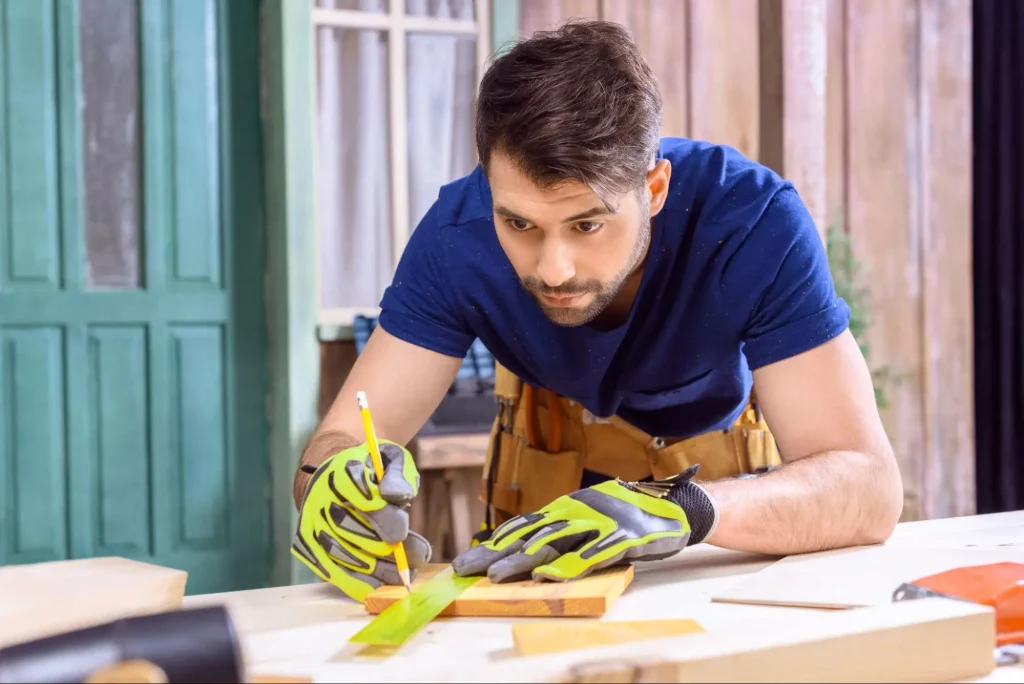
If you’re a homeowner, you know how important it is to keep your house in good condition. Small maintenance tasks and repairs can add up quickly, and hiring a professional can be costly. That’s where handyman skills come in. By learning some basic home repair skills, you can save money and take care of your home yourself.
Whether you’re a seasoned DIY enthusiast or new to the world of home repairs, there are some essential handyman skills that you can learn in just a weekend. From basic home maintenance and repairs to electrical and plumbing fundamentals, there are plenty of skills that can come in handy around the house. By learning these skills, you can take care of small repairs and maintenance tasks on your own, without having to call in a professional.
Learning handyman skills requires some knowledge, skill set, and safety precautions. You’ll also need a few basic tools to get started. But with some time and practice, you can become a confident and knowledgeable handyman. In this article, we’ll cover some essential handyman skills that you can learn in a weekend, along with tips for getting started and growing your handyman business.
As a handyman, it is essential to have a basic understanding of common home repairs. From fixing a hole in the wall to repairing water damage, knowing how to handle these issues can save you money and time in the long run. In this section, we will cover some basic repairs and the tools and materials you will need to complete them.
One of the most common repairs you will encounter is fixing holes in walls. Whether it’s from a doorknob or a picture frame, holes in walls can be unsightly. Luckily, they are relatively easy to fix. You will need some spackle, a putty knife, sandpaper, and paint. Simply fill the hole with spackle, smooth it out with the putty knife, let it dry, sand it down, and paint over it.
Another common repair is fixing water damage. This can be caused by leaks or floods and can lead to mold and mildew if not addressed promptly. To fix water damage, you will need to remove any damaged materials, such as drywall or floor tile, and replace them. You may also need to use a dehumidifier to dry out the affected area.
To tackle basic home repairs, you will need a few essential tools and materials. These include:
There are many resources available to help you learn more about home maintenance and DIY projects. YouTube is a great place to find tutorials on painting walls, repairing furniture, and other projects. Additionally, many hardware stores offer classes and workshops on basic handyman techniques.
By mastering these basic home maintenance and repair skills, you can save yourself time and money while also keeping your home in top shape.

If you’re looking to become a skilled handyman, it’s essential to have a basic understanding of electrical and plumbing systems. This knowledge will allow you to tackle common household issues, such as leaky faucets, electrical outages, or malfunctioning heating units.
When it comes to electrical work, safety should always be your top priority. Before you start any electrical project, make sure you turn off the power to the circuit you’ll be working on. You can do this by turning off the circuit breaker or removing the fuse.
Once you’ve ensured your safety, you can begin working on the project. Basic electrical work includes tasks like installing light fixtures, switches, and outlets. You’ll need to know how to connect wires, troubleshoot issues, and use a multimeter to test electrical circuits.
Plumbing is another fundamental skill that every handyman should have. Basic plumbing skills include fixing leaks, unclogging drains, and installing fixtures. Before you start any plumbing project, make sure you have the necessary materials and tools, including a wrench, pliers, and Teflon tape.
When working on plumbing projects, it’s crucial to follow safety precautions. Always turn off the water supply before you begin working on a project. Additionally, make sure you know how to troubleshoot common plumbing issues, such as low water pressure or a running toilet.
Overall, having a basic understanding of electrical and plumbing systems will help you to become a skilled handyman. With the right technical skills and troubleshooting abilities, you can tackle any household project with confidence.

Carpentry is a trade skill that can be both practical and rewarding. With the right tools and techniques, you can create beautiful and functional pieces of furniture, repair your home, and even build a new structure from scratch. However, it is essential to take safety precautions when working with wood. Wear protective gear, such as safety glasses and gloves, and use the right tools for the job. A screwdriver may be useful for some projects, but a drill is necessary for others.
Before you begin any project, do your research and make sure you have the right tools and materials. For example, if you are building a bookshelf, you will need wood, screws, and adhesive. You will also need a saw to cut the wood to size, a drill to make holes for the screws, and sandpaper to smooth the edges. Take your time and be patient. Carpentry requires precision, and rushing can lead to mistakes.
Painting is another handyman skill that can be learned quickly and easily. With a little practice, you can transform any room in your home with a fresh coat of paint. However, there are techniques to master to ensure that your paint job looks professional.
Before you begin, make sure you have the right tools and materials. You will need paint, brushes, rollers, drop cloths, and painter’s tape. Start by cleaning the walls and patching any holes or cracks. Apply a coat of primer if necessary.
When painting, use long, even strokes and work from top to bottom. Don’t overload your brush or roller with paint, as this can lead to drips and uneven coverage. Be patient and allow each coat to dry completely before applying the next.
In conclusion, carpentry and painting are essential handyman skills that can be learned quickly and easily. With the right tools, techniques, and patience, you can tackle home repairs and create beautiful and functional pieces of furniture. Remember to take safety precautions when working with wood and to use the right tools for the job. With a little practice, you can master the art of carpentry and painting and transform your home.
Learning essential handyman skills can be a fun and rewarding experience. By mastering these skills, you can save money and time by doing repairs and maintenance around your home yourself. You can also turn your skills into a profitable business, like Kaminskiy Care and Repair, and help others with their home repair needs.
Remember, the most important skills to learn are the ones that are relevant to your needs. Start with the basics, such as painting, basic plumbing, and electrical repairs. As you gain confidence, you can move on to more complex tasks, such as carpentry, drywall repair, and HVAC maintenance.
Don’t be afraid to ask for help or seek out resources online or at your local hardware store. There are plenty of tutorials, videos, and books available to help you learn and improve your skills. Practice makes perfect, so keep practicing and honing your skills until you become a master handyman. If these skills are not for you, look no further. Kaminskiy Care and Repair is the ultimate choice for all your home repair services. Contact us today!
By learning essential handyman skills, you can take control of your home repairs and maintenance, save money, and even turn your skills into a profitable business. So, what are you waiting for? Start learning today and become a handyman pro in no time!
Learning basic handyman skills can be a fun and rewarding experience. Some of the essential skills you can learn over a weekend include fixing leaky faucets, repairing drywall, painting, and installing light fixtures. With the right tools and guidance, you can also learn how to fix a running toilet, unclog drains, and replace a broken tile.
As a beginner handyman, you should start by becoming familiar with basic tools such as a hammer, screwdriver, pliers, level, tape measure, and utility knife. These tools are essential for most home repair tasks. You may also want to invest in a power drill, saw, and a set of wrenches as you progress.
Safety should always be a top priority when practicing DIY home repair skills. As a novice, you should start by reading the user manuals for all the tools you will be using. Wear protective gear such as safety glasses, gloves, and earplugs when necessary. Always unplug power tools when not in use and keep them out of reach of children.
Every handyman should know how to fix a leaky faucet, unclog a drain, and fix a running toilet. These are simple plumbing fixes that can save you money on plumbing bills. You can find step-by-step guides and videos online that can help you learn how to tackle these tasks.